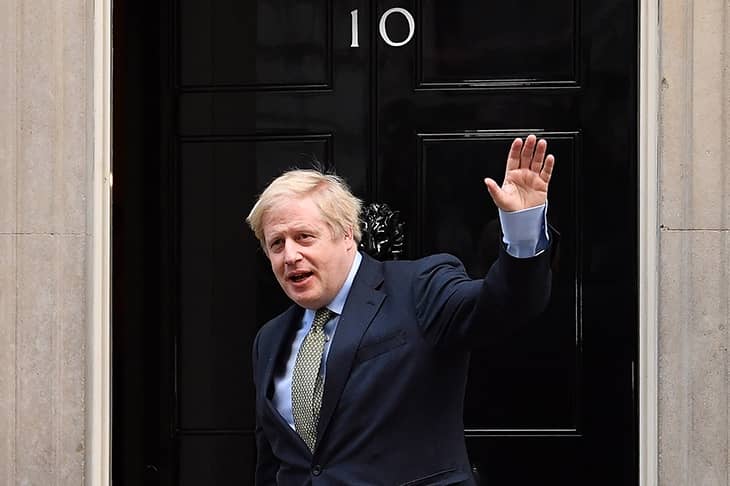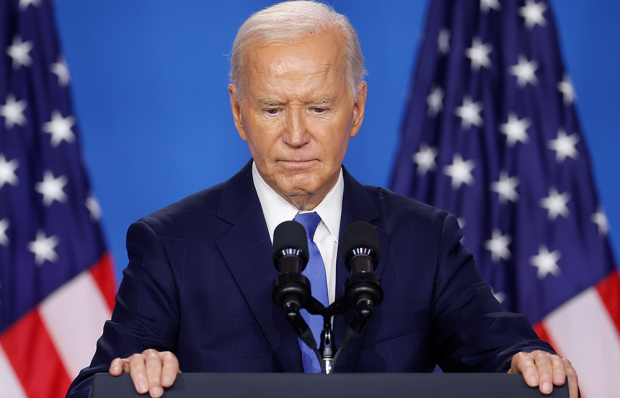In answers to questions following his statement in the Commons on Monday, Boris Johnson let drop an interesting statistic. He said that, ‘on busy days’, more than 400 officials work in 10 Downing Street. This figure explains a lot — why so many staff there got Covid, why, after long hours in overcrowded conditions, they might want to open bottles of wine, why factions struggle for mastery and leak against each other, and why the heart of government suffers from clogged arteries.
Already a subscriber? Log in
Subscribe for just $2 a week
Try a month of The Spectator Australia absolutely free and without commitment. Not only that but – if you choose to continue – you’ll pay just $2 a week for your first year.
- Unlimited access to spectator.com.au and app
- The weekly edition on the Spectator Australia app
- Spectator podcasts and newsletters
- Full access to spectator.co.uk
Unlock this article
You might disagree with half of it, but you’ll enjoy reading all of it. Try your first month for free, then just $2 a week for the remainder of your first year.














Comments
Don't miss out
Join the conversation with other Spectator Australia readers. Subscribe to leave a comment.
SUBSCRIBEAlready a subscriber? Log in